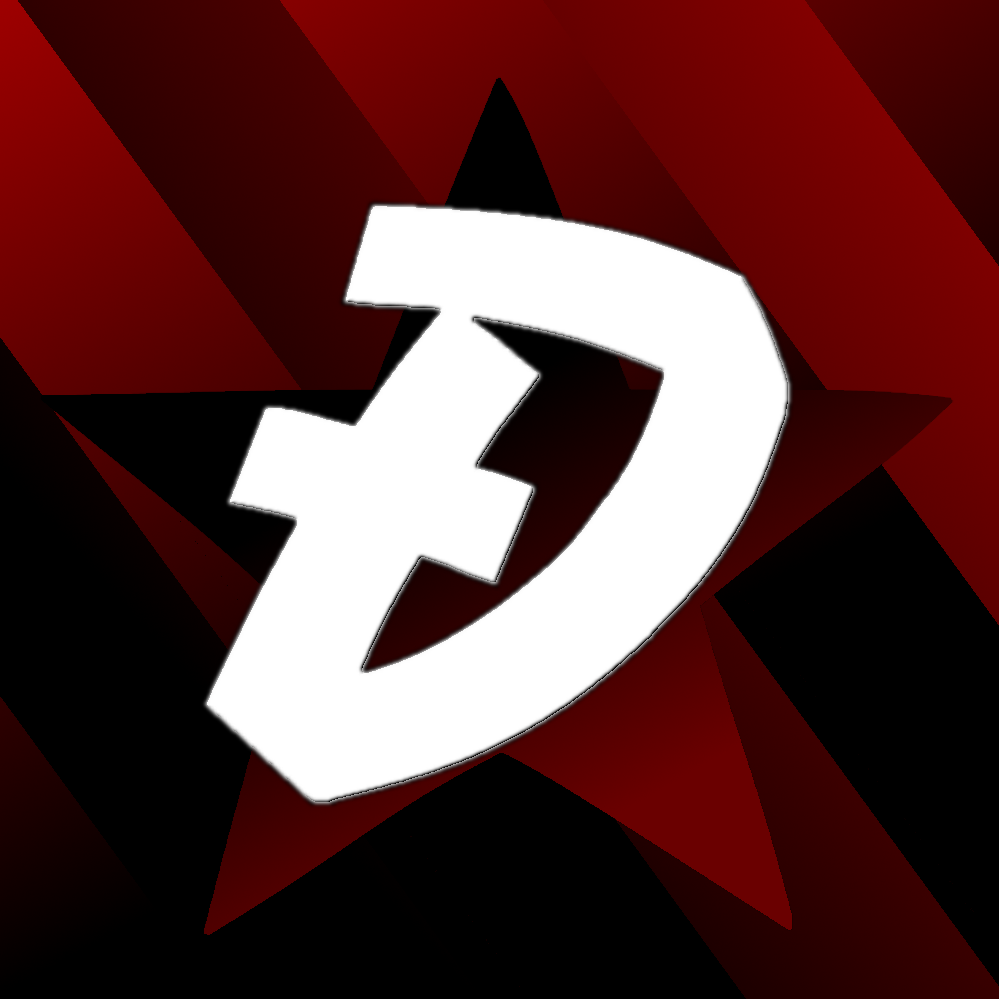- cross-posted to:
- chat
Hoxha already rocking the archetypal western hoxhaist nerd look well before his time 😂
I had a coworker who I used to work and drink with and he was a lumpen with a genius brain. Looked just like Lenin, but all his brain power was going towards memorizing the lyrics of every song on the radio after hearing it twice and hooking up with women from plenty of fish. Miss that guy.
My man should have done the Tim Poole and never gotten photographed without his hat.
What's funny is that Ho Chi Minh is that guy from facebook that you hate because one year he is in NYC and next year he is in Paris.
The sheer psycho energy of young Tito in that photo is WOW.
Old Tito looks like a Nazi war criminal.
https://i.redd.it/zfwu3zf1at341.jpg the best part is that it's a mugshot king shit
it's so he can be recognized with glasses, theres one without too and one with a hat.
please someone label these for me thanks
Edit: nvmd someone already did:
Stalin, Sankara, Fidel, Tito, Ho Chi Minh
Che, Lenin, Marx, Engels, Mao
Hoxha, Chavez, Gaddafi, Honecker, Kim Il-Sung
Wow a load of people that did nothing wrong besides advance the human race
Except for Tito whos entire market socialism involved
Step 1. Imf loan
Step 2. Act as a wedge against the Soviet Union
Step 3. Imf loan
Step 4. Descend into ethnic genocide when the West no longer needs a wedge cos the Ussr has collapsed and the IMF are now only giving loans to the right wing fashy states that promise to break away from Yugoslavia
My admiration of Tito is purely based on his handling of fascists and the fact that he kept the Balkans from killing each other.
Also, Yung Tito was one of those dudes who was physically ugly but managed to be hot af by sheer force of coolness
Reading about Tito's backstory makes me wish for a movie about him. It's bizarre how small of a world the old-school communist community was.
- He's born in a small village in Croatia, moves 60 miles south at 15 to get an apprenticeship, joins a union, becomes a protester and joins a political party.
- From 18, he moves to Slovenia, Italy, and to Zagreb for work - joining his first strike at 19. Moves to Bohemia (Czechia), then Munich, Mannheim, the Ruhr, and Vienna, learning Czech and German in the process.
- At 21 he's conscripted into the Austro-Hungarian Army and goes to NCO school in Budapest becoming a sergeant major at only 22, however, during WW1 he's arrested for sedition and imprisoned in Serbia.
- He's acquitted, released and sees combat in Serbia and Galicia (Poland-Hungary). He's wounded and captured by the Russians in 1915, and learns Russian while in hospital as a POW.
- In 1916 he's transferred to various POW camps in Russia and takes part in the construction of the Trans-Siberian Railway while at Kungur camp, Perm.
- After complaining about stolen Red Cross parcels, he's beaten and taken from the POW camp to a prison - where he is freed during the February Revolution. A Bolshevik he met on railway-labour told him of his son in Petrograd - so after his release he heads there by stowing away about a freight train.
- The July Days break out while Tito is there, and he joins in. Afterwards he tries to flee to Finland but is arrested at the border with other Bolsheviks. He's imprisoned in the Peter & Paul Fortress, claiming to be a citizen of Perm by fooling the guards with his passable Russian.
- He finally admits to being a POW and is to be returned by train to Kungur, but he escapes at Yekaterinburg, catching another train to Omsk in Siberia - once again he evades recapture due to his fluent Russian.
- In Omsk he learns that Lenin has seized Petrograd, and he is recruited into a Red Guard to guard the TSR during '17-'18.
- The Czechoslovak Legion seizes parts of Siberia during the civil war and he goes into hiding where he meets his future wife, who hides him and helps him escape to a Kyrgyz village. While in hiding he works in a local mill - eventually the Red Army recaptures Omsk in 1919, to which he and his wife return.
- He and his wife return to his hometown in 1920 to have their first child, and he joins the Communist Party of Yugoslavia while visiting Zagreb.
- The CPY gains the 3rd most seats in the 1920 elections and is declared illegal. Tito loses his job as a metalworker for being a communist and becomes a millworker once more. Over the following years he works illegally for the CPY by distributing leaflets and agitating factory workers, occasionally being arrested.
- In 1925 Tito's boss dies and his replacement orders him to give up communism or lose his job - he chooses to become a revolutionary.
- He spends several years on the Adriatic coast working for the CPY, and after condemning the nationalist factions within the party, with Russian support, he becomes Secretary of the Croatian branch of the Comintern. Soon after, he is arrested, but gives a false name and is released within 2 weeks.
- Somebody tips off the police and he is rearrested and charged in 1928 for illegal communist activities; sentenced to 5 years. After his imprisonment, his wife and son leave for the Soviet Union.
- In prison, he works as an electrician with Moša Pijade, and their work allows them to move around the prison - facilitating illicit contact and organisation with other communist inmates. Pijade becomes Tito's ideological mentor, and after 2.5 years he tries to escape and is sent to Maribor (Slovenia) to serve time in solitary for several months.
- He is finally released in 1934, returns to his hometown and is then instructed by the CPY to get back to work - so he goes to Zagreb to rejoin the CPY Central Committee. He travels between Zagreb, Ljubljana and Vienna for several months, at one point being detained by the Austrian Heimwehr - whom he fools with the Austrian accent he had acquired during his war service.
- He arranges a secret conference of the CPY in Slovenia, meeting Evard Kardelj. During this period he adopts the moniker 'Tito' to avoid police detection.
- He writes articles on duties of imprisoned communists and trade unions, and after King Alexander is assassinated by the Ustaše, Tito leaves Yugoslavia due to the crackdown on dissidents, relocating to Brno, Czechoslovakia.
- The Politburo of the CPY sends him to Moscow in 1935, and he stays at the Hotel Lux. Here he meets many other international communists, to whom he gives lectures, and attends courses on military tactics presented by the Red Army.
- During the Great Purge, international communists are particularly vulnerable - Tito vouches for Yugoslav communist Filip Filipović, but he his shot regardless. Tito is ordered to recruit volunteers for the International Brigades to fight in Spain, so he travels to Split and Paris in 1936 to do so.
- In 1937 he creates the Communist Party of Croatia; meanwhile General Secretary of the CPY Milan Gorkić is shot by the NKVD - Tito becomes acting General Secretary and avoids being purged himself by avoiding Moscow and claiming to need to deal with indiscipline in Paris.
- In 1938 he arranges a protest in France against the Nazis, and thereafter returns to Yugoslavia a few days before the Anschluss. Deciding that it is now safe to visit Moscow he does so, but finds that Yugoslav communists are still under suspicion. His ex-wife and his current wife are arrested as spies, though released.
- Tito adopts a strategy of indifference - claiming ignorance of the potential Trotskyite sympathies of his Yugoslav comrades, and somehow manages to survive being accused of being a Trotskyist twice - his working-class background and lack of socialist debate working in his favour.
- While avoiding arrest in Moscow, he organises a call for Yugoslav volunteers to fight for Czechoslovakia as Germany moves to seize the Sudetenland. in 1939 he is formally appointed the General Secretary of the CPY.
- During WW2 he forms a Military Committee within the CPY to organise resistance against the Nazis. In 1941 the CPY appoints Tito as Commander in Chief of all national liberation forces.
- Tito's Partisans success in liberating territories such as Užice and he orders forces to assist Jewish escapees.
- In liberated territories, the Partisans establish People's Committees - which would later form the basis for post-war organisation of Yugoslavia.
From here on out it's the stuff that everyone is likely already aware of - Nazis in caves and what have you but it's all still a very colourful and adventurous tale.
It makes me feel quite stale by comparison for having lived in only two places for 25+ years, speak 1 and a bit languages, and have no criminal record 😇I mean the IMF also give loans to developing African countries to entrap them in neocolonialism, can't forget that
che looked far better with his patchy, teenager ass beard which doesn't make any sense to me but it's objective truth
Young Mao looks like a dude who would beat me in chess in three moves, and then I would say let's play my game 9 ball pool and then he would beat me in that in two shots and then I would say let's go head to head on vodka shots and I could probably beat him in that but he would eat a tank chocolate he siezed from a Japanese soldier and beat me in that too.










